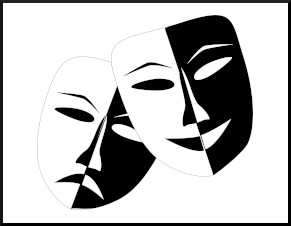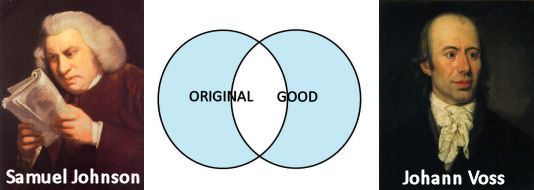Anton Chekhov? Clifford Odets? Bing Crosby? George Seaton? Jean Webster? Apocryphal?
Question for Quote Investigator: Anton Chekhov, the brilliant Russian writer of stories and plays, reportedly said the following:
Any idiot can face a crisis; it’s this day-to-day living that wears you out.
I have been unable to locate a source for this statement. I even asked my Slavicist friend to look for it in the original Russian works, and she was unable to find it. Would you please examine its provenance?
Reply from Quote Investigator: QI believes that this quotation and ascription are incorrect. The statement entered circulation because of a sequence of at least two errors.
The first appearance of a partial match for the quotation was a line spoken by Bing Crosby during the 1954 film “The Country Girl”. Crosby played a character named Frank Elgin who was an alcoholic attempting to return to show business. A self-destructive episode of drinking in Boston nearly derailed the comeback attempt, and near the end of the film the character discussed his probability of achieving success. Boldface has been added to excerpts:1
I faced a crisis up there in Boston, and I got away with it. Just about anybody can face a crisis. It’s that everyday living that’s rough.
I’m not sure I can lick it, but I think I got a chance.
“The Country Girl” movie was based on a play written by Clifford Odets which was adapted to film by George Seaton. Thus, the line above was connected to Odets, and this was a key step in the multistep process of misattribution as shown by the next citation.
In 1971 a textbook titled “The Tradition of the Theatre” which was edited by the educators Peter Bauland and William Ingram was published. This volume was an anthology of plays, and it included a translation of Anton Chekhov’s famous drama “The Cherry Orchard”. The textbook authors wrote an introduction to the play, and the quotation under investigation was printed in this preparative text. The words were ascribed to the American dramatist Clifford Odets and not to Anton Chekhov:2
A character in a Hollywood film of the 1950’s casually drops this line: “Any idiot can face a crisis; it’s this day-to-day living that wears you out.” The screenplay was by Clifford Odets, America’s chief inheritor of the dramatic tradition of Anton Chekhov, and in that one line, he epitomized the lesson of his master.
QI conjectures that the quotation above was constructed from a flawed memory of the line in “The Country Girl” film. The textbook referred to a screenplay by Odets, but as noted previously the screenplay was by Seaton, and the play by Odets. QI has examined the edition of the play published in 1951, and the film line was absent. In addition, the modern quotation was absent; hence, QI would credit Seaton with the line.3
Another error contributed to the creation of the misquotation. A confused or inattentive reader assigned the quotation above to Chekhov instead of Odets. This combination of faults produced the expression and ascription presented by the questioner.
Here are additional selected citations in chronological order.
Continue reading “Quote Origin: Any Idiot Can Face a Crisis; It’s This Day-To-Day Living That Wears You Out”

